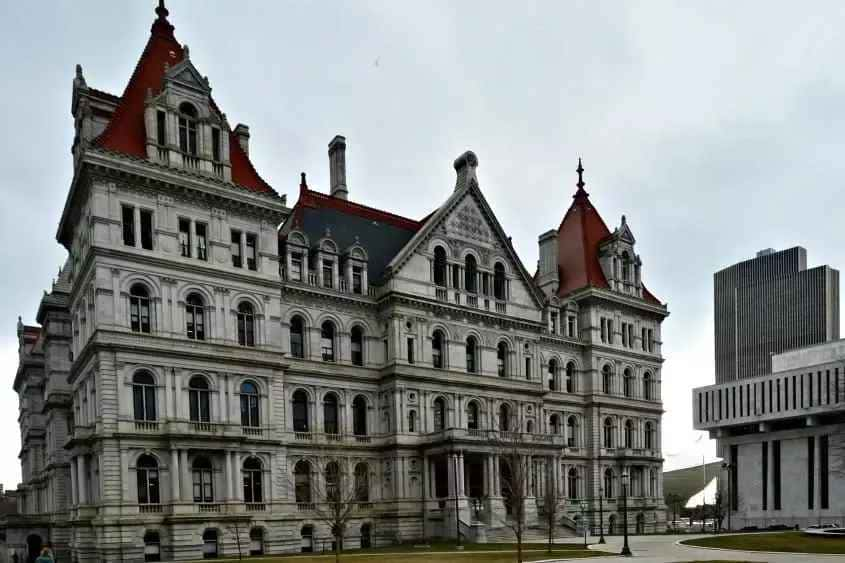This marks the third consecutive year of the cap, which aims to control rising costs amid high inflation.

State Comptroller Tom DiNapoli has announced that New York property tax growth will once again be limited to a 2% cap for local governments and school districts in 2024
The New York property tax cap, implemented in 2012, restricts annual tax levy increases to either 2% or one plus the inflation rate, whichever is lower. DiNapoli‘s office has determined the 2024 inflation factor to be 6.26%, surpassing the 2% threshold. Consequently, local governments are permitted to raise New York property tax by 1.02%. The cap applies to all counties, towns, and fire districts, as well as 44 cities and 13 villages across the state.
To exceed the New York property tax cap, local government boards must pass a local law or resolution with a minimum of 60% voting in favor. School districts can also override the cap if 60% of voters support it. Since 2015, the inflation rate has fluctuated, hitting a low of 0.68% in 2017. However, the current year has experienced a significant spike, with the state’s inflation rate rising from 2.30% in 2022 to 7.17%.
The comptroller’s report enables local governments to begin formulating their budgets for the upcoming year. Schenectady Mayor Gary McCarthy has expressed confidence in the budgeting process, anticipating no complications due to the New York property tax cap.
DiNapoli acknowledged the ongoing challenges posed by inflation and emphasized the need for careful budget planning as local governments exhaust their one-time federal pandemic assistance
The announcement did not come as a surprise to many local governments. In New York property taxes are levied and utilized locally to support local governments and public schools, with the latter being the largest beneficiaries.
Responding to the cap, Saratoga Springs’ Commissioner of Finance Minita Sanghvi expressed hope that the city would not need to raise taxes to cover the increased costs resulting from inflation. Sanghvi cited rising construction and utility expenses in 2023 but assured that the city is closely monitoring various indicators to maintain stable finances.
READ ALSO: Biden Plan: New Repayment Option For Student Loans Faces Legal Battle




